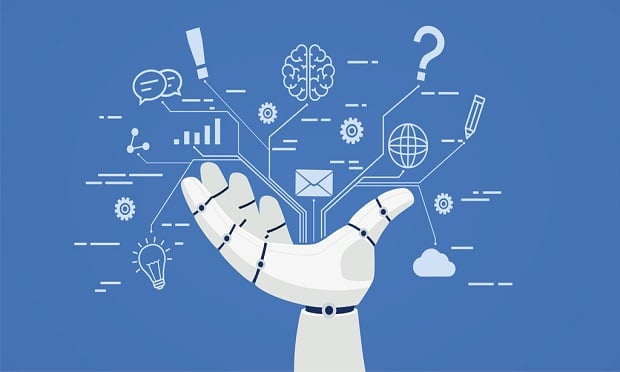 Like C-3PO from "Star Wards," good AI works behind the scenes to help humanity make better and smarter decisions. (Illustration: Shutterstock)
Like C-3PO from "Star Wards," good AI works behind the scenes to help humanity make better and smarter decisions. (Illustration: Shutterstock)
For anyone involved in an accident, the hours immediately following are often emotional and highly stressful. A split-second distraction sets in motion a seemingly endless chain of events and an overwhelming list of time-intensive tasks: claims, data, testimonials, valuations, compensation, recovery and replacement.
Even in smaller impact incidents, emotions run high. The way in which insurance companies handle these "make or break" moments can determine a consumer's long-term loyalty. The inefficient or incorrect handling of a claim can alienate a customer for a lifetime.
Recommended For You
Want to continue reading?
Become a Free PropertyCasualty360 Digital Reader
Your access to unlimited PropertyCasualty360 content isn’t changing.
Once you are an ALM digital member, you’ll receive:
- Breaking insurance news and analysis, on-site and via our newsletters and custom alerts
- Weekly Insurance Speak podcast featuring exclusive interviews with industry leaders
- Educational webcasts, white papers, and ebooks from industry thought leaders
- Critical converage of the employee benefits and financial advisory markets on our other ALM sites, BenefitsPRO and ThinkAdvisor
Already have an account? Sign In Now
© 2025 ALM Global, LLC, All Rights Reserved. Request academic re-use from www.copyright.com. All other uses, submit a request to [email protected]. For more information visit Asset & Logo Licensing.








